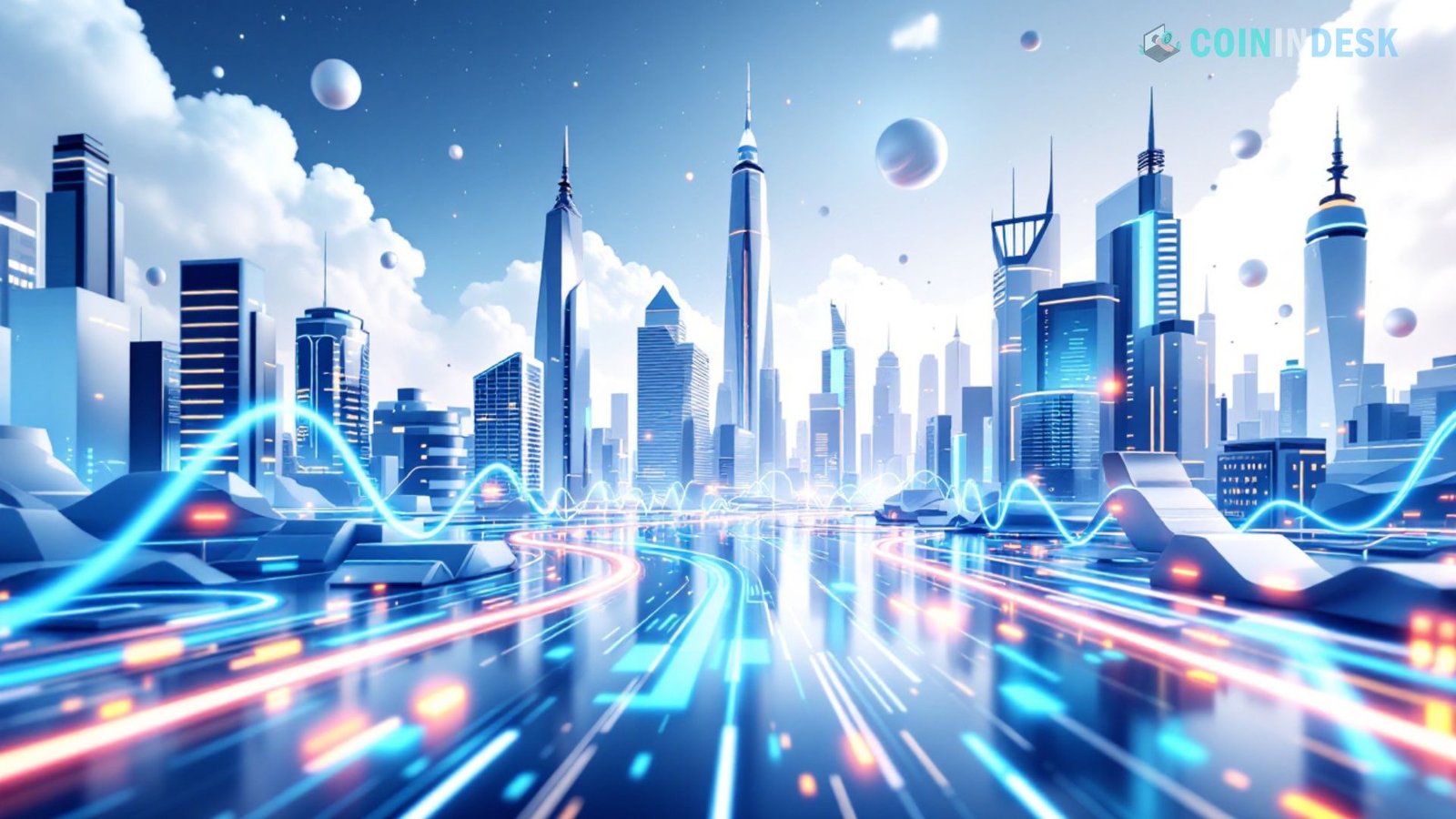Some see the meteoric rise of Metaverses and Non-Fungible Tokens (NFTs) as fads, while others see them as the technology of the future for digital ownership. NFTs, or digital assets that represent ownership of one-of-a-kind things are quickly becoming popular in many industries, including the arts, gaming, real estate, and more. Metaverses, online communities where users may meet, mingle, and do business, are also developing into venues where NFTs can be used. The question that still needs to be answered is whether NFT Metaverses are revolutionary or another fad.
The Emergence of NFT Metaverses
By fusing NFTs with the idea of the Metaverse, NFT Metaverses combine two groundbreaking technologies. Unlike in more conventional digital settings, NFT Metaverses aim to build online communities where users can buy, sell, and interact with digital goods. Thanks to blockchain technology, which powers these virtual worlds, all transactions are secure and can be verified.
A key feature of NFT Metaverses is the ability to possess one-of-a-kind, limited-edition digital assets like virtual land, avatars, skins, and more. This digital ownership is a central selling point because NFTs give users a feeling of ownership typically lacking in more conventional online environments. The ability to purchase, sell, and trade NFTs within NFT Metaverses—often with cryptocurrency—makes the experience compatible with decentralized finance (DeFi) systems.
The Hype Behind NFT Metaverses
No one can deny the amount of interest that NFT Metaverses have sparked. Axie Infinity, Decentraland, and The Sandbox are just a few platforms that have attracted millions of investors thanks to the excessive pricing for virtual land. A few folks have even gotten wealthy from buying virtual land or in-game stuff and then selling it for a profit. The prospect of a brand-new digital economy, where users may transact with one another and build, own, and trade digital goods, excites people about these Metaverses.
A lot of the buzz has come from high-profile collaborations and celebrity endorsements. There has been a lot of talk about how NFT Metaverses could revolutionize various industries, from musicians publishing albums as NFTs to fashion labels opening virtual stores in Metaverses. For many, the prospect of becoming the proud owner of virtual property, augmenting their gaming income, or establishing a virtual company is appealing.
But some look at all this excitement with doubt. Opponents of NFT Metaverses contend that, rather than being grounded in absolute value, they are inflated by speculation fueled by FOMO. One big concern is the dramatic price swings that might occur in the NFT market. Some people are concerned about the environmental impact of blockchain technology in general and the proof-of-work (PoW) algorithms used in NFTs in particular due to the energy they consume.
Digital Ownership A New Paradigm
If NFT Metaverses deliver on their promise of a paradigm change in digital ownership, they will be well worth the hoopla. Users do not own what they gain in traditional digital settings like online games or social networking sites. Contrarily, NFTs provide blockchain-backed verifiability of ownership. This can usher in a time when digital assets are as valuable as physical ones.
Take a game where players can acquire NFTs as an example. Those NFTs have a purpose beyond just decoration or enjoyment. You can buy, sell, or use them on several platforms all within the same Metaverse. Appreciation of a user’s virtual land, artwork, or in-game artifacts might grant them additional digital wealth. Some think this has the potential to completely alter markets like gaming, where individuals may now make Money off of their ideas and time.
Additionally, authors can control their digital creations through NFT Metaverses. Content creators on the old web typically had difficulty making Money or getting their names out there. Creators can retain complete ownership of their digital products and receive royalties from resale using NFTs. If you’re a singer, artist, or content producer looking to connect with your audience on a deeper level, this model is for you.
Are NFT Metaverses Just a Trend?
Although NFT Metaverses could have some positive effects in the future, their quick expansion has made many wonder if they could sustain themselves. Many people are starting to think that these platforms are just another one of those internet and financial industry speculative bubbles that will pop at some point.
The NFT market has been particularly volatile. The value of certain NFTs has skyrocketed to millions of dollars, while the value of others has plummeted. This erratic behavior may point to a market where speculation and hype take precedence over actual demand for the assets themselves. If NFT Metaverse is really a passing craze, it will likely go the way of the dot-com boom and bust of the late 1990s and 2017 in terms of notoriety.
In addition, NFT Metaverses’ supporting technical infrastructure is still in the early stages of development. Problems with scalability, usability, and compatibility among Metaverse systems still need fixing. Because they frequently necessitate technical expertise and pricey gear to fully experience, there are also worries regarding the accessibility of these platforms.
The Future of NFT Metaverses
There are strong indications that NFT Metaverses may constitute a substantial portion of the future digital economy, even though their exact fate is still up in the air. The widespread use of NFTs may increase as blockchain technology develops and more accessible Metaverses are created.
If NFTs and Metaverses work together, new possibilities for digital ownership may emerge. Digital ownership and decentralized economies are fundamental ideas that will likely endure, even if the present buzz fades. NFT Metaverses’ ongoing evolution may result in improved, long-term ecosystems that benefit users in the real world.
Conclusion
The future of NFT Metaverses is uncertain. Even though they are making a lot of noise and could completely change how digital ownership is done, there will be obstacles. Significant challenges exist due to the present state of the market, technical issues, and environmental concerns. Decentralized economies and confirmed digital ownership are intriguing concepts, but they may influence how we engage with digital assets in the future. Resolving these issues and developing new technologies will determine if NFT Metaverses are just a fad or the future wave regarding digital ownership. While the NFT Metaverse is still in its early stages, everyone is watching with great interest.
Read More: Making Money with Your Images by Converting Them into NFTs
[sp_easyaccordion id=”5652″]


